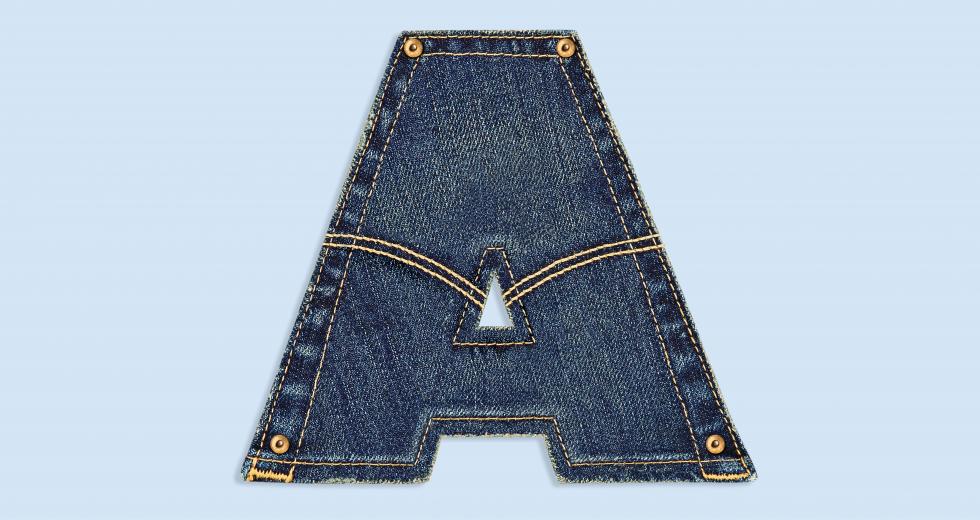au then tic i ty
(ô-thĕn-tĭs-ĭ-tēē), n.
The quality or condition of being authentic, trustworthy or genuine.
There’s a whole lot of buzz lately about authenticity: authentic leadership styles, authentic brands, authentic values, authentic marketing and advertising … and on and on. By definition, something is authentic if it is genuine, real, of unquestionable origin, not faked or copied, verifiable and trustworthy.
Whether you’re authenticating an antique or the nutrition claims of a cereal in the grocery store, it’s authentic if that item is what it (or its seller) claims it is. Transparency is a powerful component of authenticity, as is honor; an authentic person or product can be trusted and taken at their/its word.
Unfortunately, our vocabularies are “authenticity” rich because the foods, products, people and companies around us just aren’t as authentic as we’d like them to be. We encounter inauthenticity everyday, from major betrayals, like the City of Sacramento’s recent undisclosed and unethical experiment with potentially hazardous chemicals to save money on water purification, to more humdrum hoodwinks like Cheerios Protein (which claimed it had considerably more protein than regular Cheerios, but mostly just upped its price and its serving size to make it appear to have more protein than it actually did).
Conflicting corporate brand portfolios complicate the otherwise quite simple meaning of authenticity. Dove, infamous for its Campaign for Real Beauty, is owned by Uniliver -— which also owns Axe Body Spray, infamous for quite the opposite reason. While Dove leverages its stance on “real beauty” and abjures the sexualization of women in its marketing towards women, Axe uses the sexualized imagery that Dove opposes to market Axe products to men.
Uniliver also owns Ben and Jerry’s, which openly labels its premium ice creams as “non-GMO” and has partnered with Just Label It to support and advocate for GMO labeling. However, Uniliver has openly opposed GMO labeling and heavily funded the fight against it. Can Dove’s support of “real beauty” and Ben & Jerry’s support for GMO labeling be called authentic when their parent company knowingly violates the values their subsidiaries leverage in their purpose-driven marketing efforts?
No one likes feeling tricked, swindled or misled, especially on issues that actually matter and have consequences. We are magnetically drawn to products and experiences that feel authentic, trustworthy, transparent and are what they claim to be. Authenticity creates a sense of safety, choice and control. It gives people the power to choose their consequences and evaluate their options.
We used to buy a product because of its features. Now, more so than ever, we tend to make purchasing decisions based on what is or isn’t in line with our values and a reflection of our lifestyle choices.
The more inauthenticity and lack of transparency that we encounter, the more we begin to value things that authentically are what they say they are. And, the more value we place on authenticity, the greater its market potential. So we throw around words like “authentic” to sell an idea or a product, or we adopt values and causes for the purpose of driving sales, and in so doing violate the word’s true meaning, selling ourselves and our customers short.
Authenticity may be an over-used word and under-utilized value, but that doesn’t necessarily mean you should steer clear of it. Instead, use it wisely.



